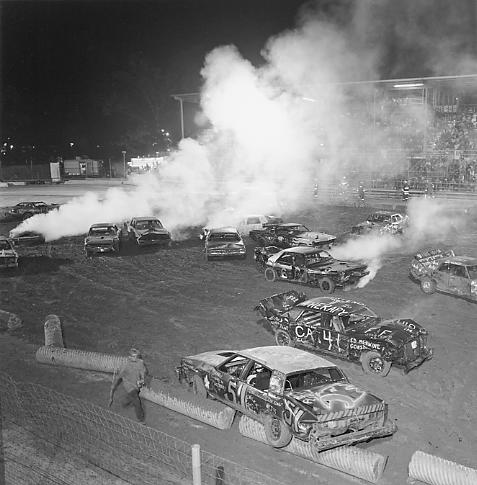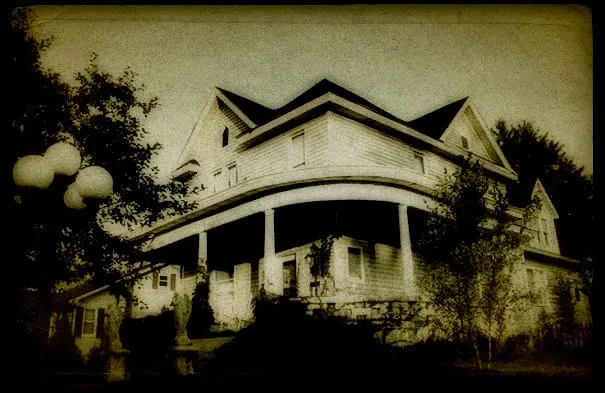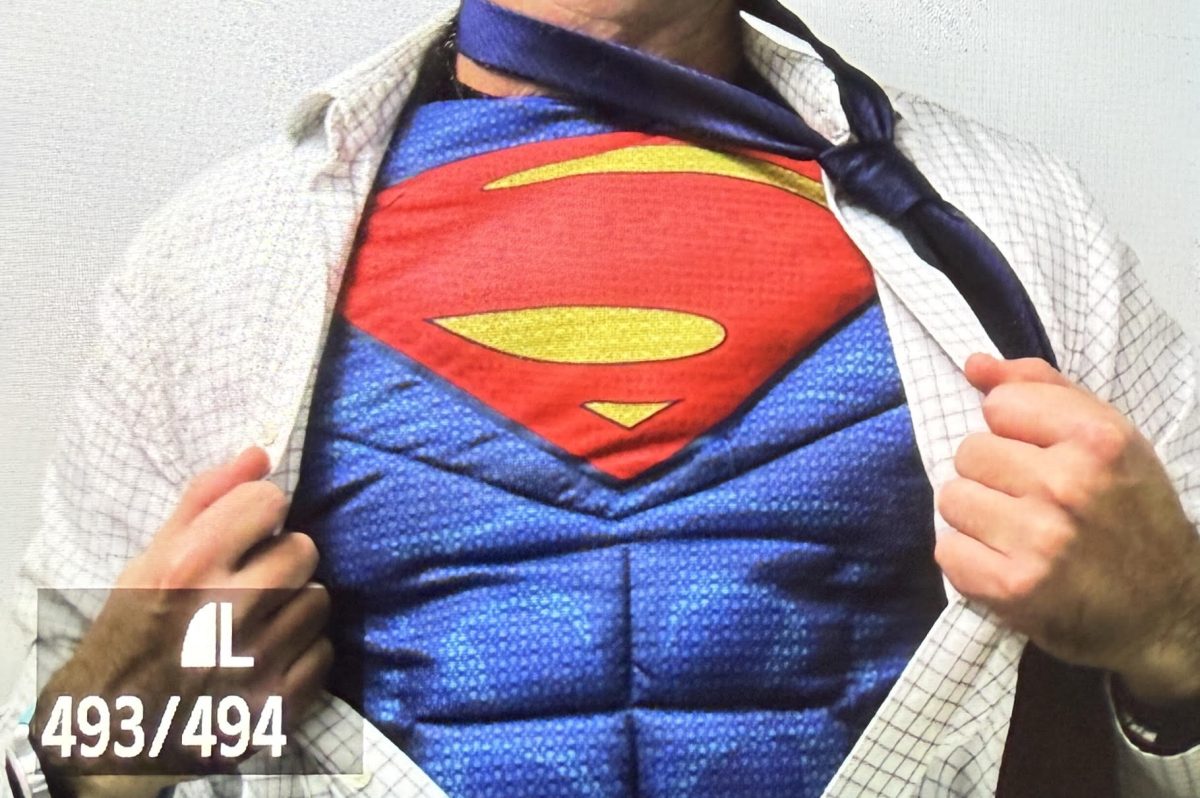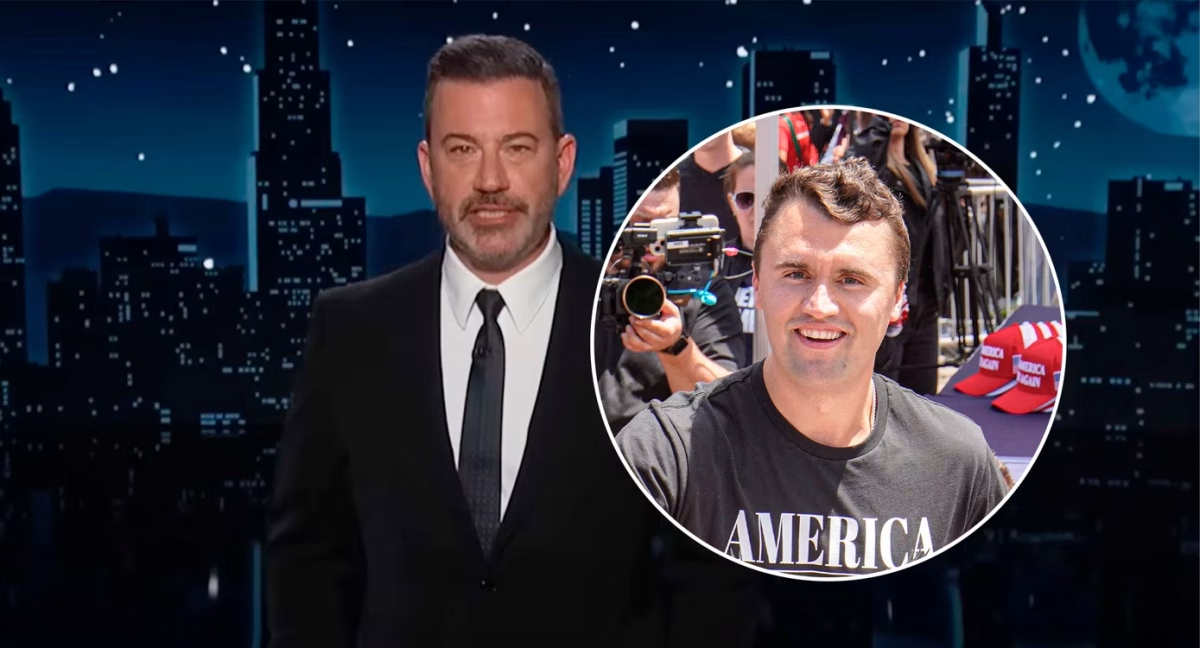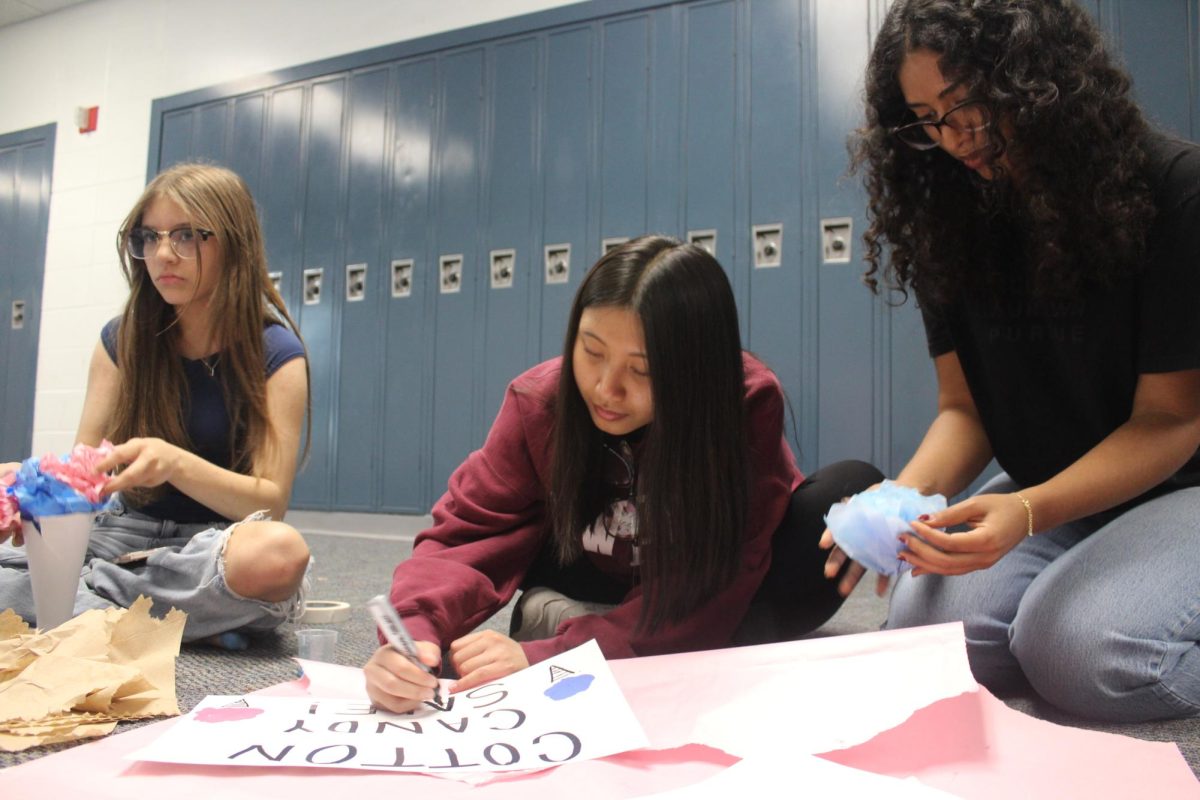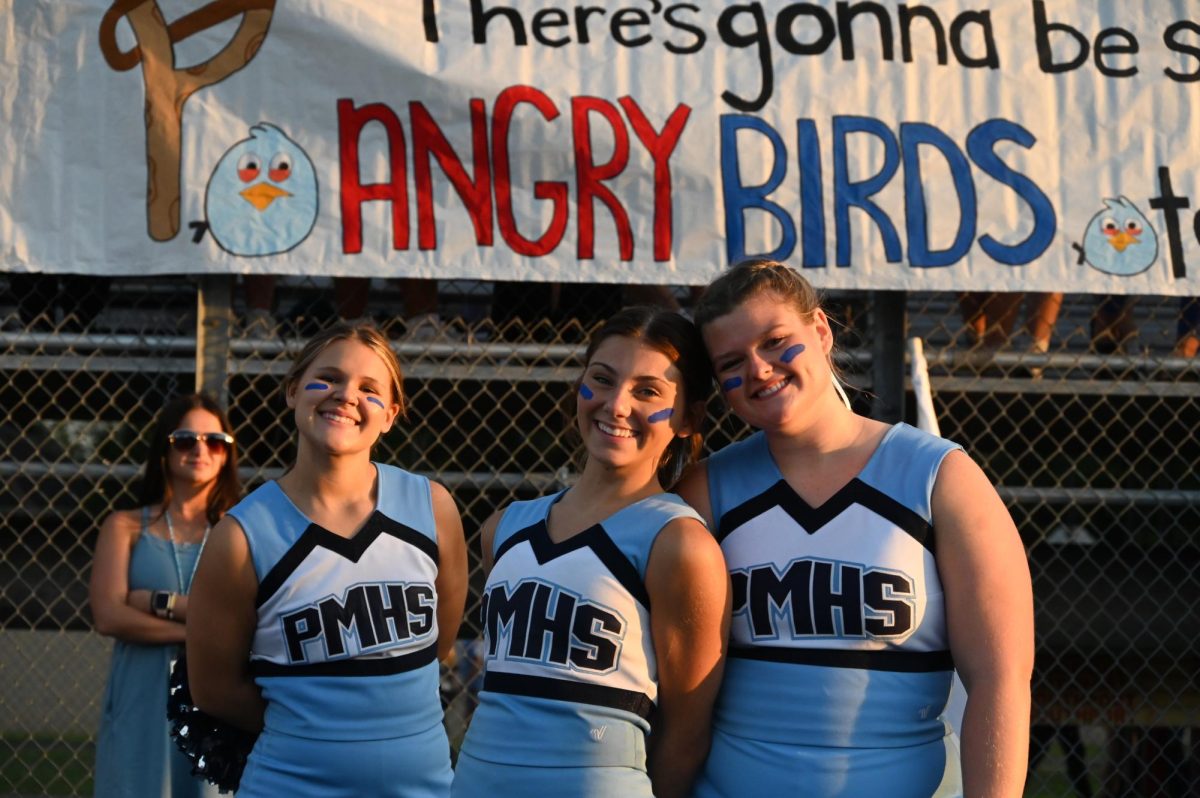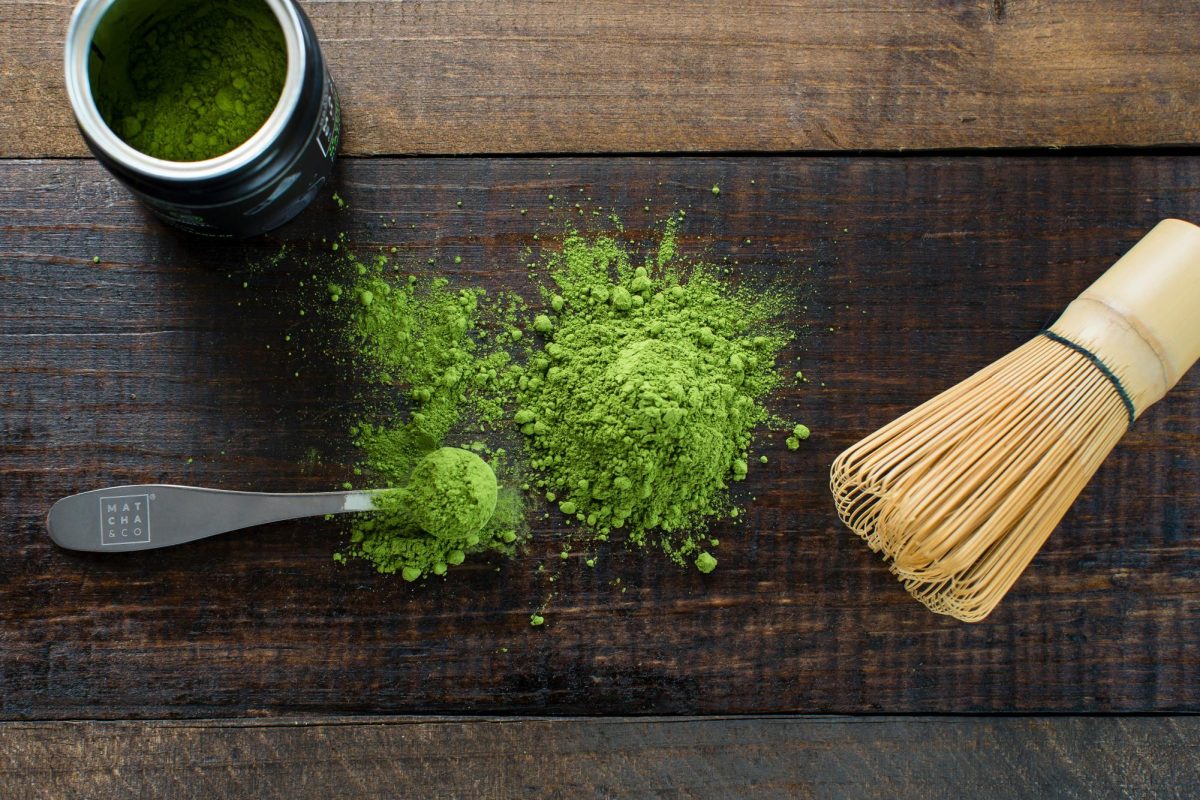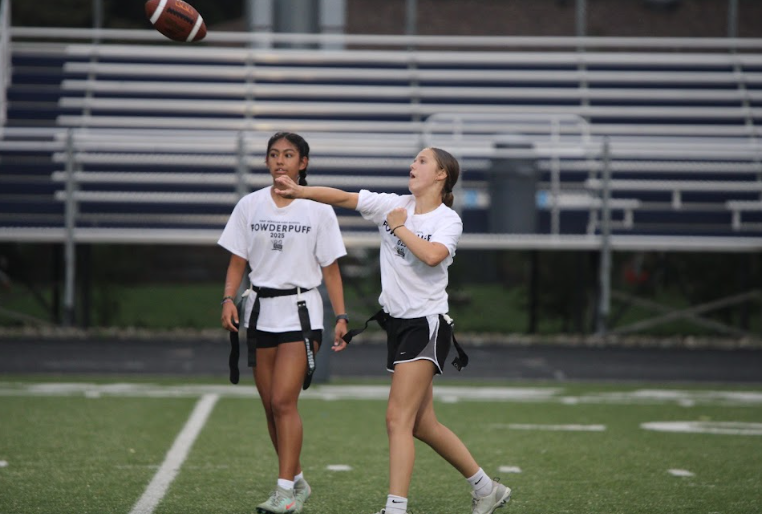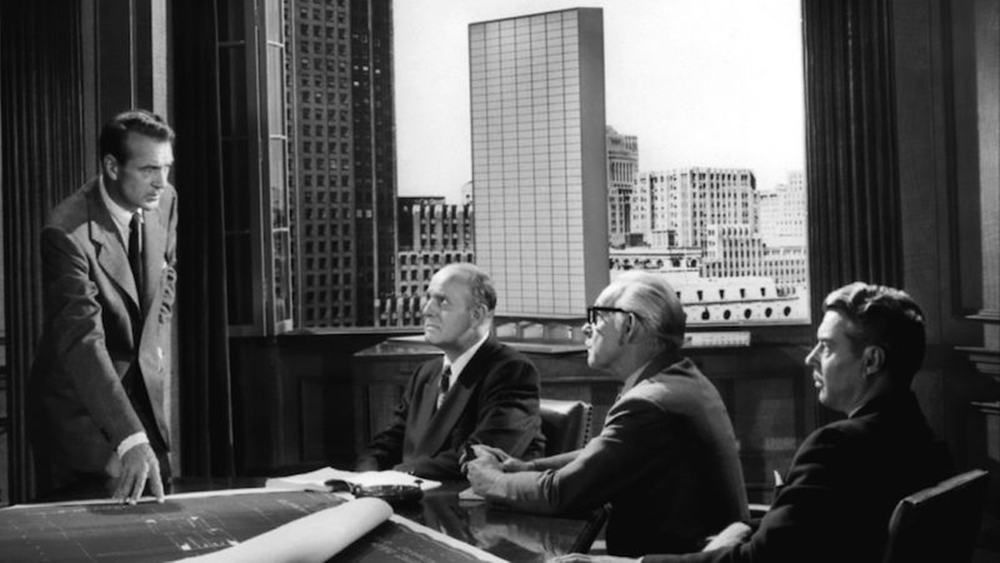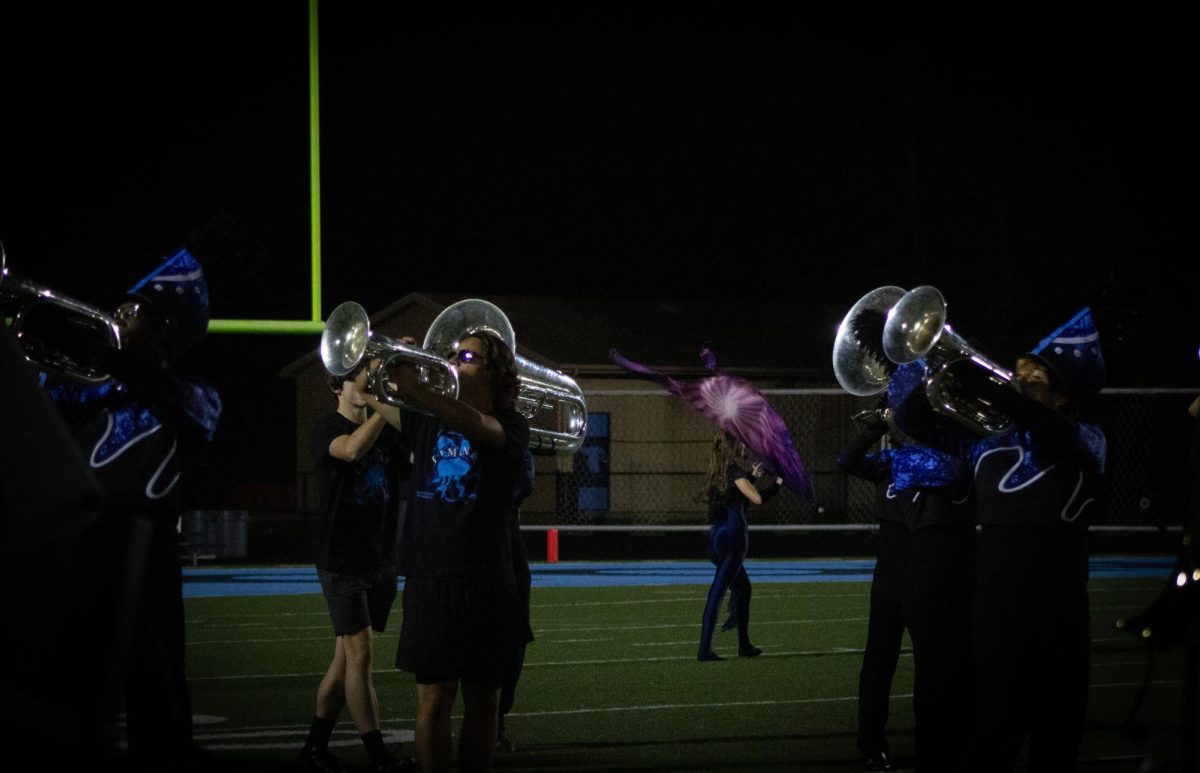During the 79th annual Demolition Derby at the Indy State Fair this weekend, a derby car with 1822 painted on the side went up into flames twice and was pinned in the corner more than five times, almost getting disqualified from the competition by getting pushed out of the ring.
Car derbies have been a part of American culture since the late 1940s. Spectators love to gamble on which car will stay in the arena as the last one standing, and drivers themselves love the adrenaline of showing off their driving skills and colliding with others. Typically, a derby would smell like hot dogs and sweat, but on Saturday, August 16, the only thing anyone could smell was smoke. Though he put on the most entertaining performance of the night, 1822 did not place first. His car engine broke at the last minute, giving the other driver, 357, a win and a $250 dollar check in his hand. 1822 got no cash prize, despite the entertainment he gave to the viewers, as well as the time, money and effort he put into preparing for the performance. Are the cheers from the crowd going to pay for the repairs of the destroyed cars at the end of the derby? Or should drivers get paid more to make up for the expensive preparations for these games?
The entertainment that comes to some from the destruction of cars can be grueling financially for others, and this is causing the performance of car derbies to slowly die out. Many people are not willing to participate in the game because of the tariffs on car parts and automobiles that the Trump Administration had put into place in April and May. According to ParkRecord, “increasing prices for used cars… is contributing to the decline of the derby.” The tariffs are costing derby racers 25% more for car parts, repairs and the old derby cars themselves than what they originally did, according to Brookings.edu. This is bringing a steady decline to derbies, with racers and spectators alike.
Many different parts of derby cars get damaged or even destroyed during the entertaining show, and each piece is vital to the car’s functionality. The most common part that goes out during collisions is the engine, which can cost a minimum of 4 thousand dollars to replace in a decent condition, according to Autoparts.com. That is simply one of the many parts of a car that will need to be replaced or repaired after crashing into a group of 15-20 cars. So, the $250 cash prize does not seem like much of a reward, in fact many racers are losing money to keep their derby cars intact to continue racing in the future.
As a result, some derby drivers are giving up their love of the sport and simply not participating in it due to the money that goes into it now. Racers only receive a small percentage of the money that they pay to get entered into the derby, so the numbers of cars in derbies are dwindling. According to NPR.org, the derby participants are dwelling down to “one tenth as many as decades ago.” This is concerning for the industry because many individuals love the sport, participating and observing included. The loss of this sport from expenses would be a loss of American culture, entertainment and enjoyment for many around the United States and other countries as well, like Australia and Canada. The increase in cost is bringing individuals to not be as thrilled about participating in car derbies, which is further making the sport fade away. If car parts were not as expensive due to the tariffs, more people would be willing to partake in the sport, which would bring the derbies back to life.
1822’s performance on Saturday showed a lot of people the realization that the industry is slowly fading away, and spending hundreds or even thousands to prepare a car just for a small check that will not cover repair costs does not seem worth it. There should be more money going to the participants. Regardless of who gets first place, derby owners should pay for the podium of racers that make it to the top 3 or 5 so the price of repairs can at least be covered. The tariffs are the biggest cause for the lack of proper payment for the cars because the winnings of the derbies have stayed roughly the same for years, but the price to prepare for it is skyrocketing. Paying racers more to make up for the ever-increasing costs of car parts, repairs and derby gear due to the tariffs would resuscitate derbies and give motivation towards more participants to continue a culture that the world has grown to love: revving engines and cars smashing into each other.


